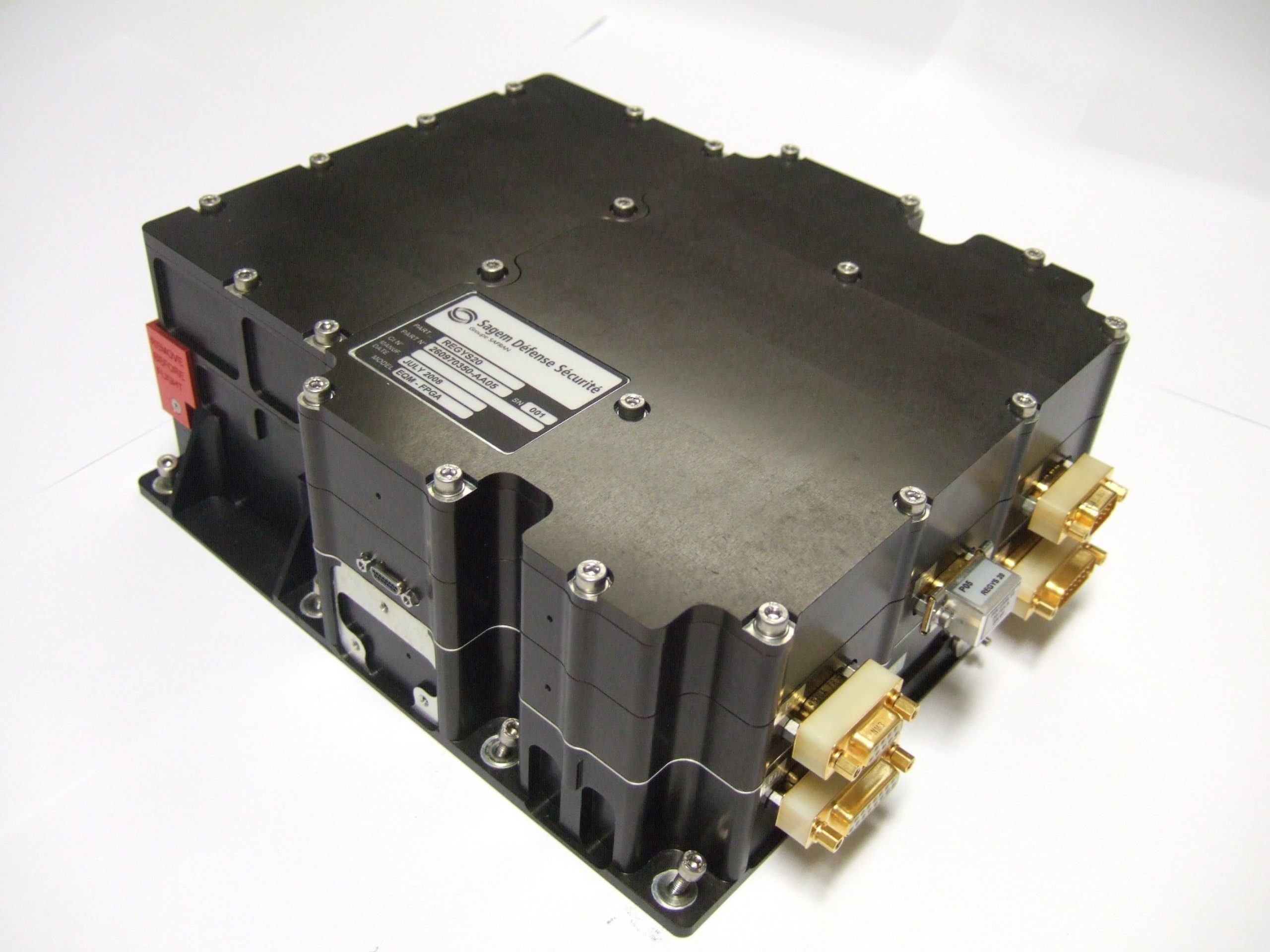PAGE CONTENTS
Objectives
This contract has been put in place in the context of agency support to the industrialization of REGYS20 product mounted on Thales Alenia Space Spacebus platforms and ESA’s Alphabus platform.
Within the framework of the Artes 4 contract, activities consisted on enhancement of the GYRO electronics capabilities to answer a larger market by developing and qualifying additional functions to extend the usability of REGYS20 to other platforms and missions.
In the context of the contract change notice, further product improvements have been achieved through optimization of AIT activities including the validation of additional two axes tables, the enhancement of the EEPROM management process, robustness improvement of the calibration operations, and the automation of test sequences.

Challenges
- ITAR FREE solution
- Multi platform compatibilities
- Based on HRG sensor on going industrial production (periniality and robustness of the industrial tool).
Plan
The development of Artes 4 project was based on the Alphabus program. Moreover, SAGEM along with SYDERAL has implemented extra-functionalities inside the ASIC in order to be ready to propose to other primes a compatible Gyro for their own platforms. A specific EQM called EQM2 has been manufactured, validated and delta qualified for that purpose in August of 2010.
In 2014, further product improvements have been achieved through optimization of AIT activities at Sagem level.
Current Status
Completed.
Companies

